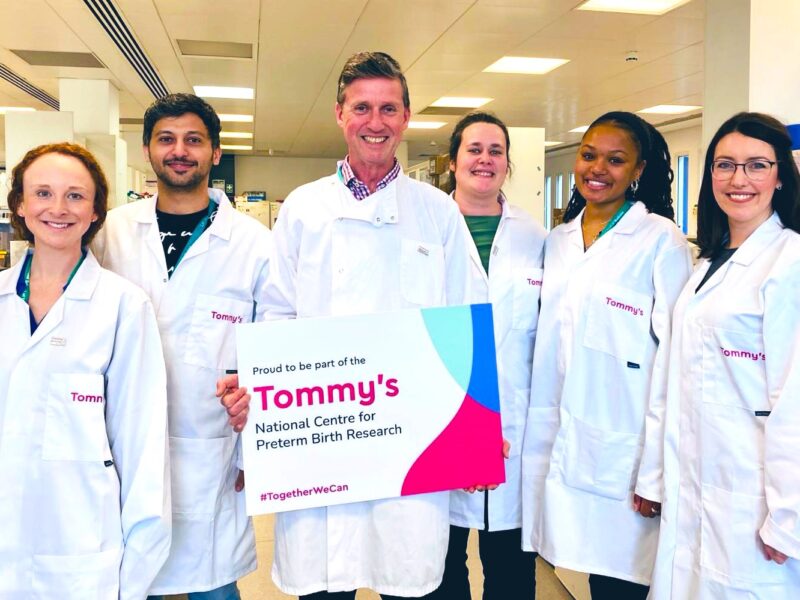- Home
- News
News
All the latest news and patient stories from Leeds Teaching Hospitals NHS Trust. Are you a journalist or from the media?
-
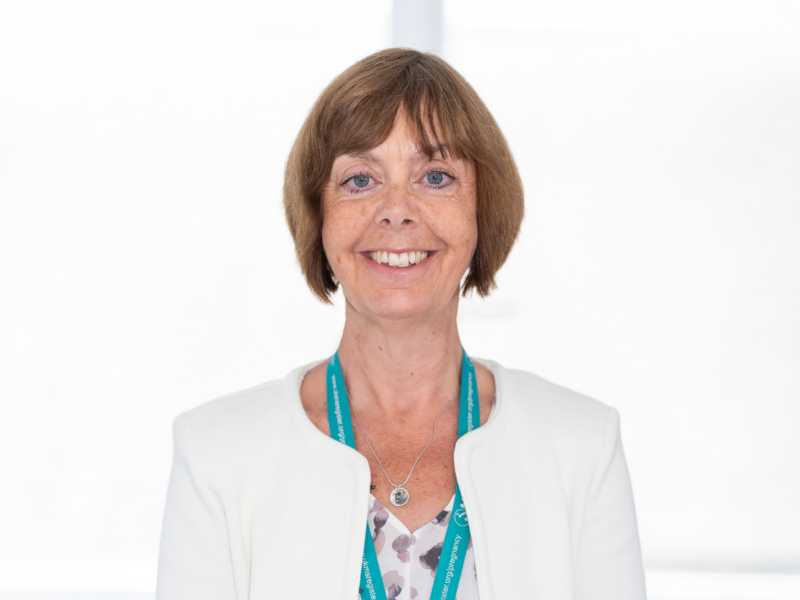
Multiple Sclerosis Awareness Week 2024
This MS Awareness Week (22 - 28 April) Prof Helen Ford outlines some of the research initiatives happening at the LTHT to improve the lives of people with MS.
This item has been tagged with the following terms: -
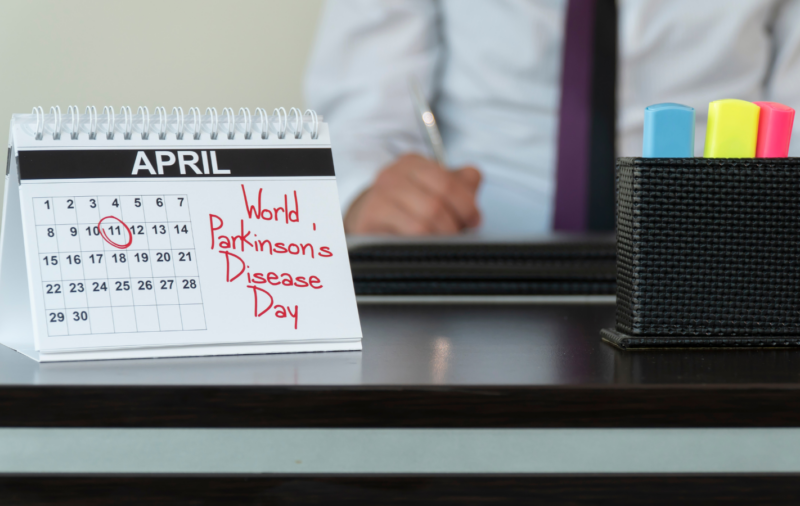
-
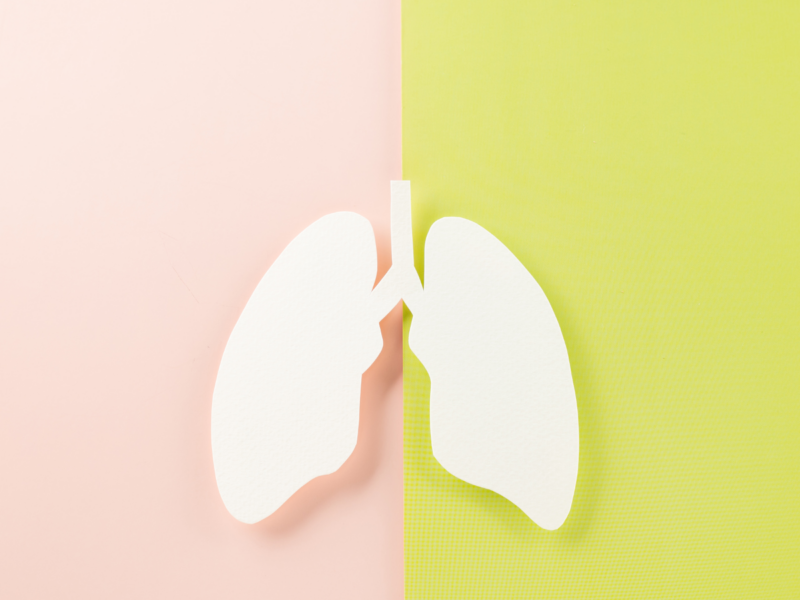
-
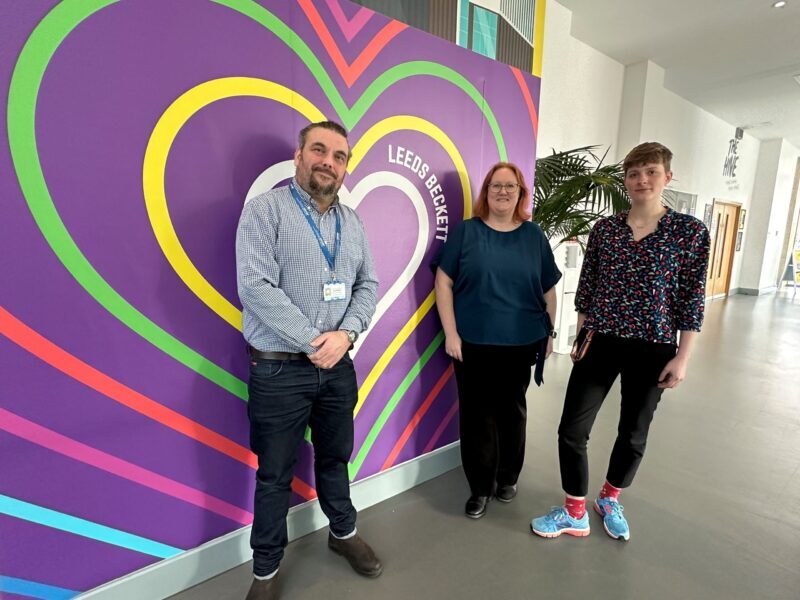
-
 This item has been tagged with the following terms:
This item has been tagged with the following terms: -
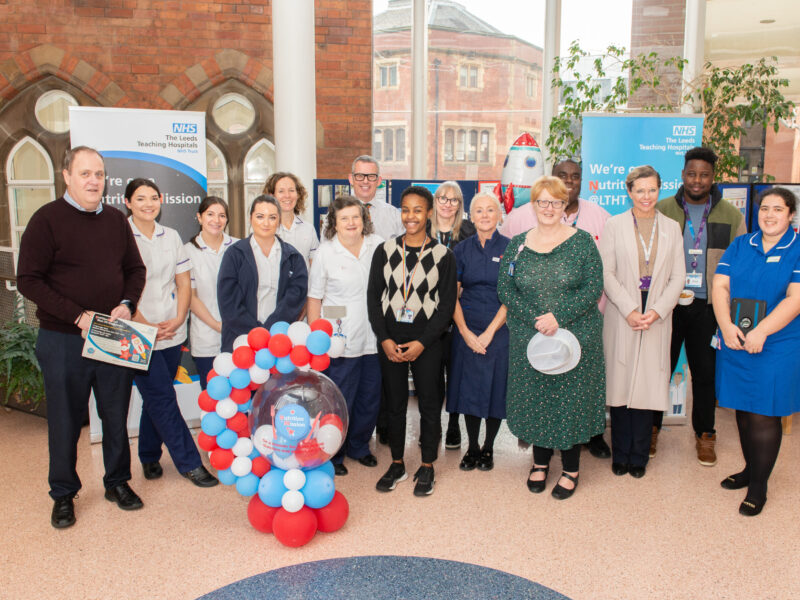 This item has been tagged with the following terms:
This item has been tagged with the following terms: -
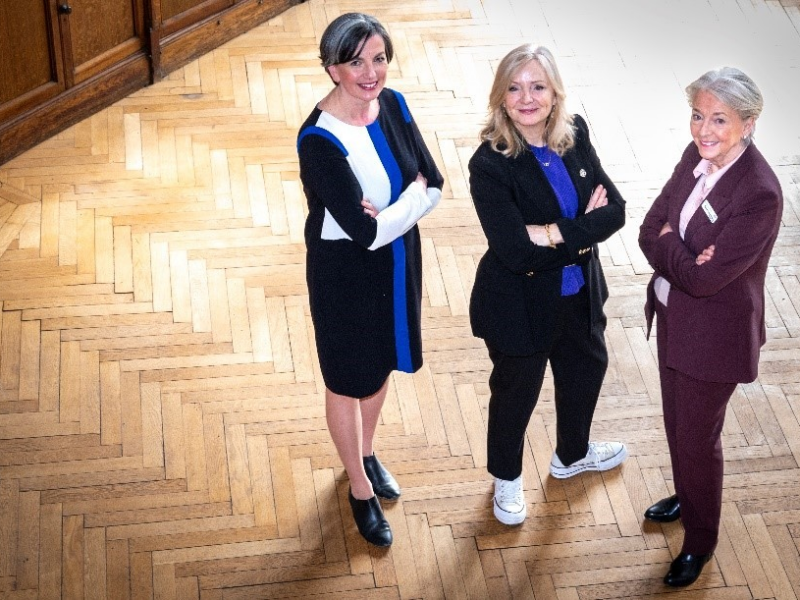
-
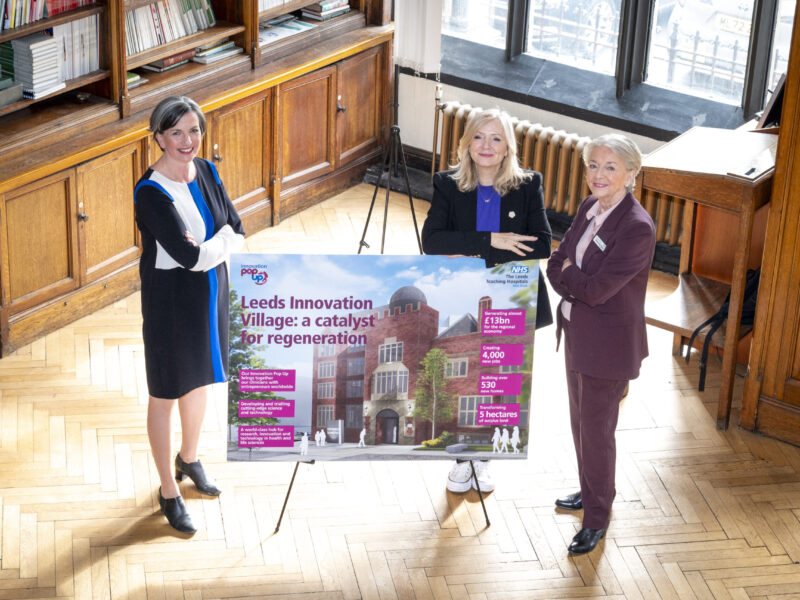
Government funding gives massive boost to region’s flagship new health tech innovation hub
This item has been tagged with the following terms: -

